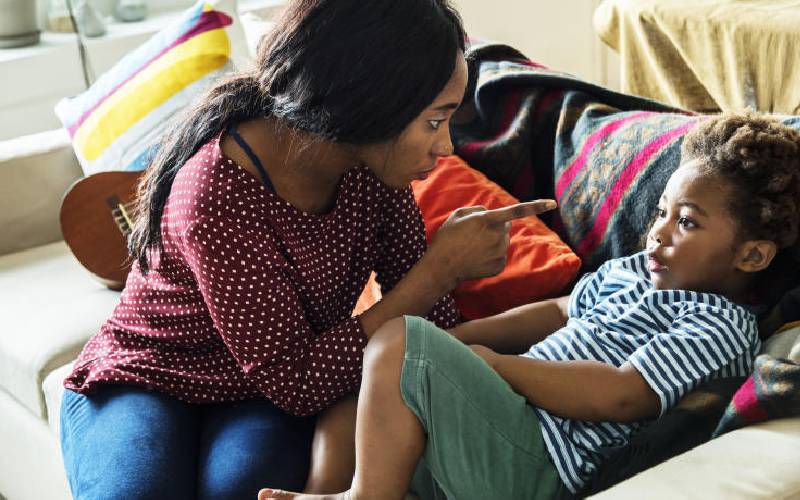×
The Standard e-Paper
Kenya’s Boldest Voice

Spare the rod and spoil the child is what the good book says. However, over the years it’s become quite a debatable topic, some saying physical punishment is important while others say they cannot subject their children to that level of ‘torture’.